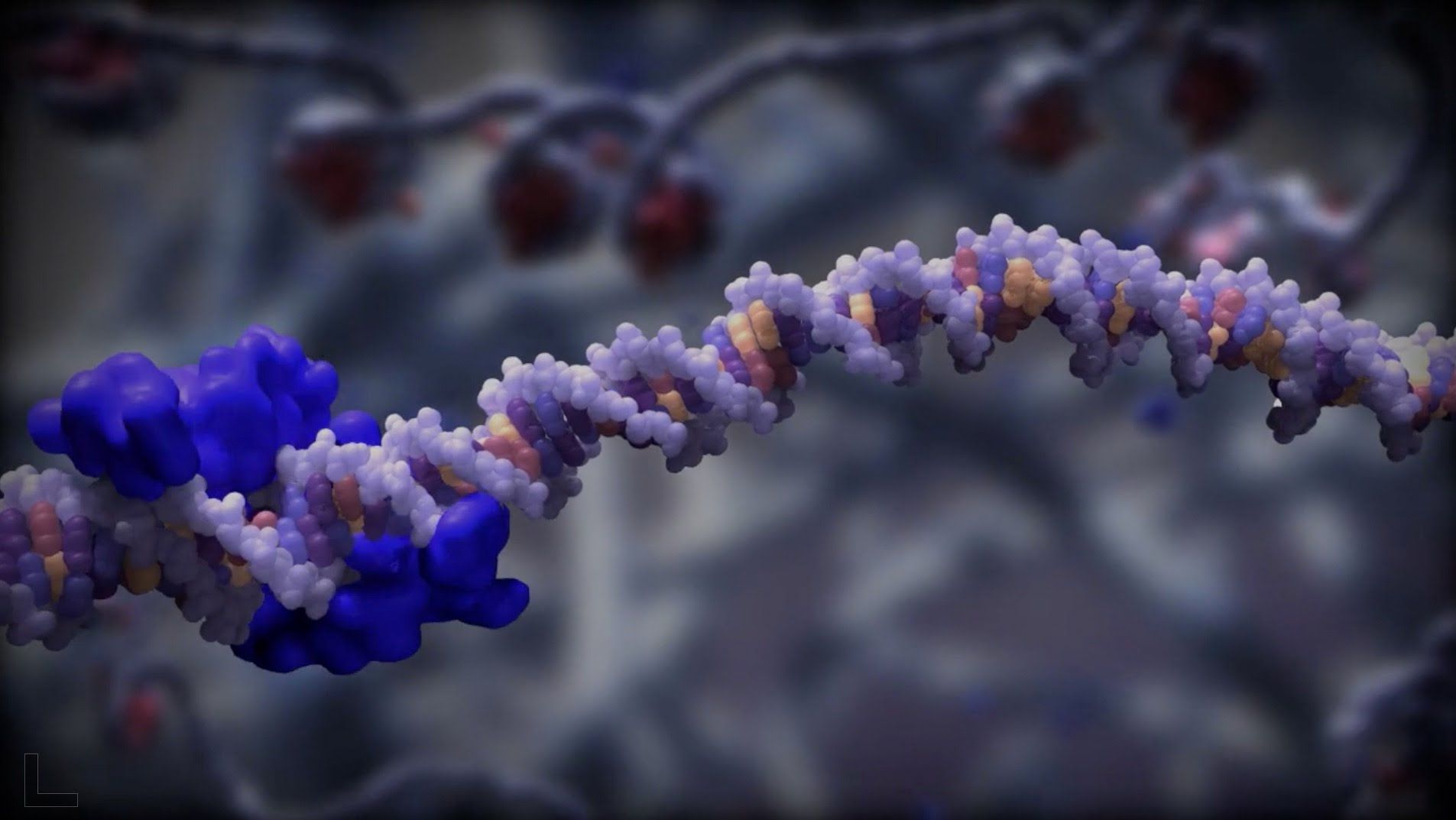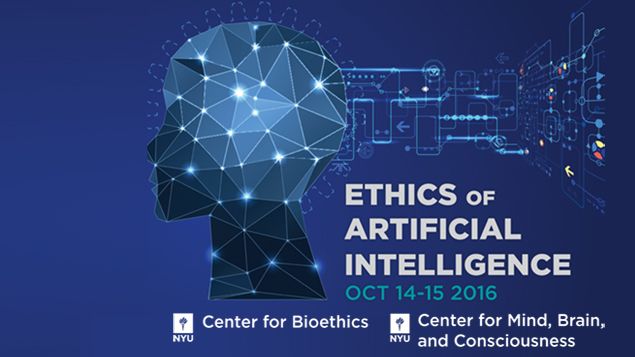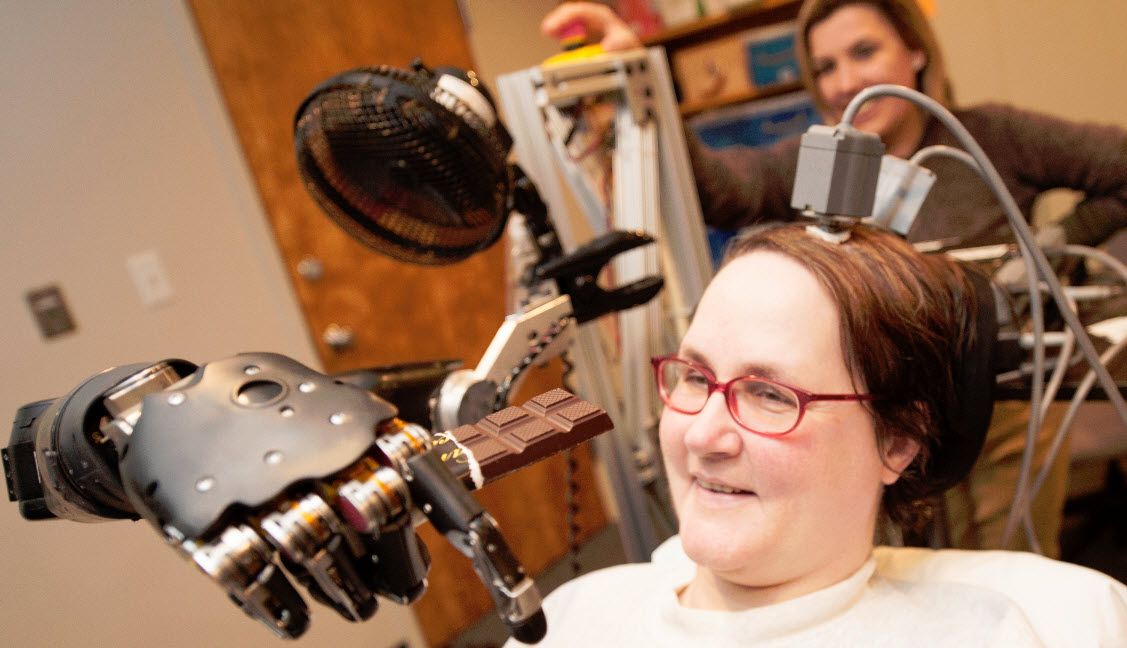Dec 15, 2016
Will Gene-Editing Technologies Spark the Next Cold War? They Already Have
Posted by Zoltan Istvan in categories: bioengineering, biotech/medical, genetics, transhumanism
Excellent article by Nick Gillespie, Editor-in Chief of Reason. Genetic editing is so far the 21st Century’s most important science—and it’s already being challenged by many as too radical: http://reason.com/blog/2016/12/15/will-gene-editing-technologies-spark-the #transhumanism #CRISPR #Future
The folks behind CRISPR gene editing were runners-up for Time’s Person of the Year. Their creation may win the future for secular China.
Continue reading “Will Gene-Editing Technologies Spark the Next Cold War? They Already Have” »

















